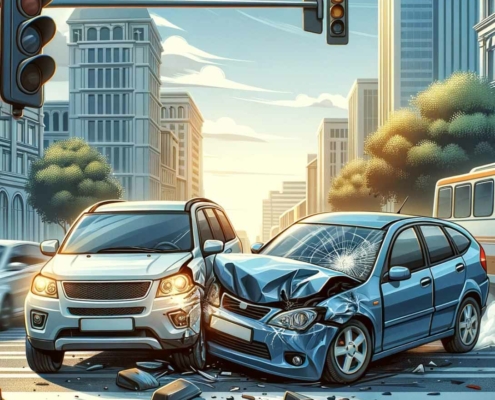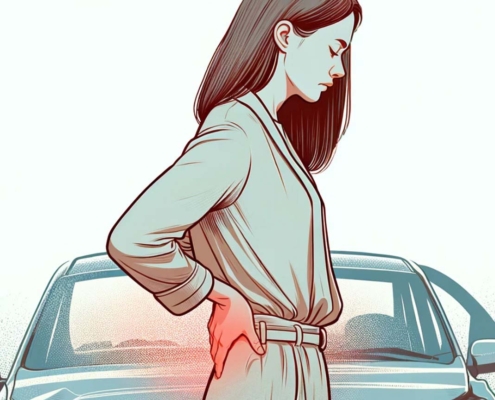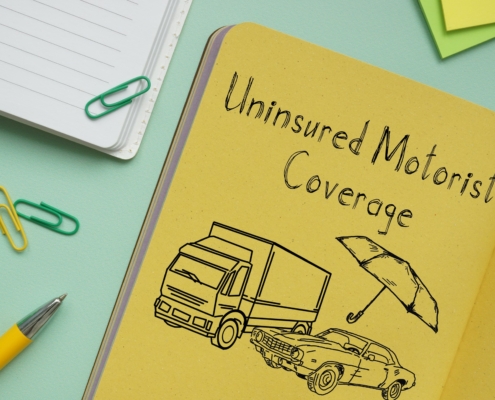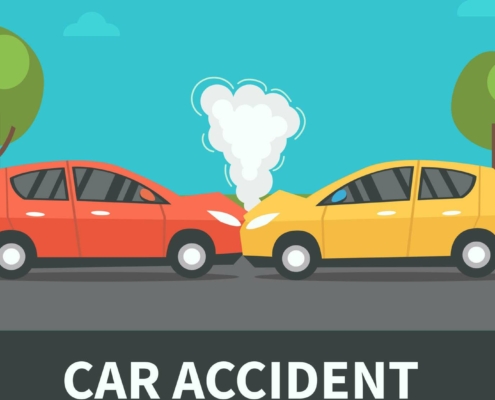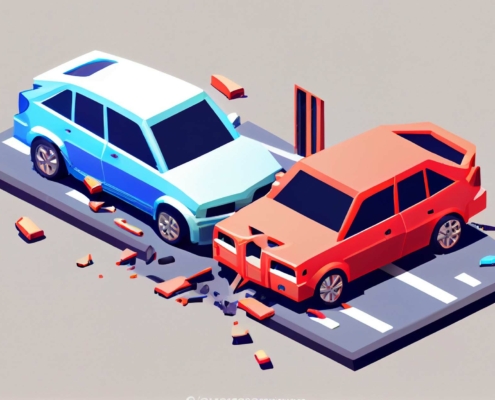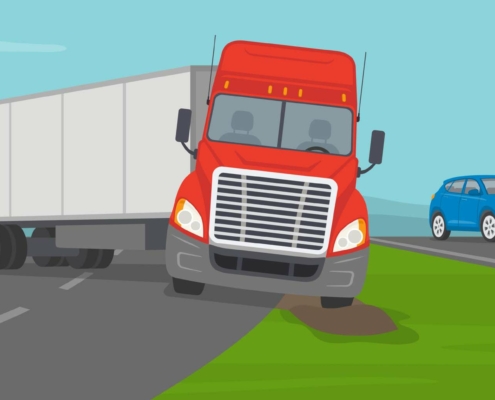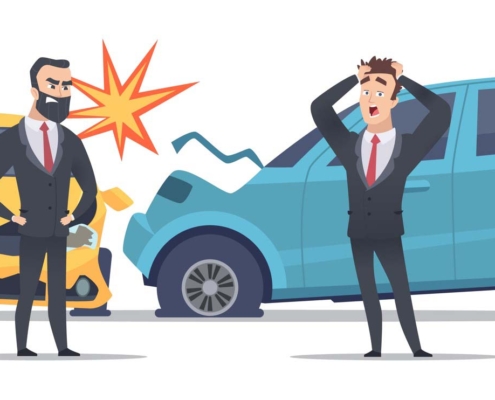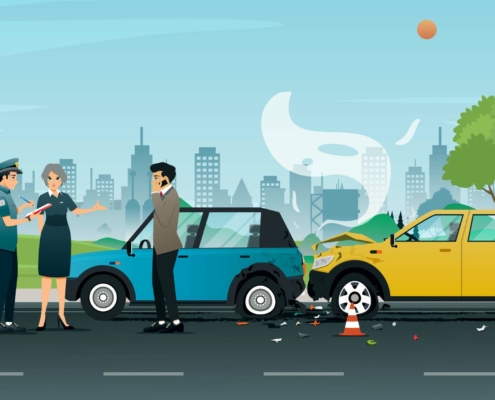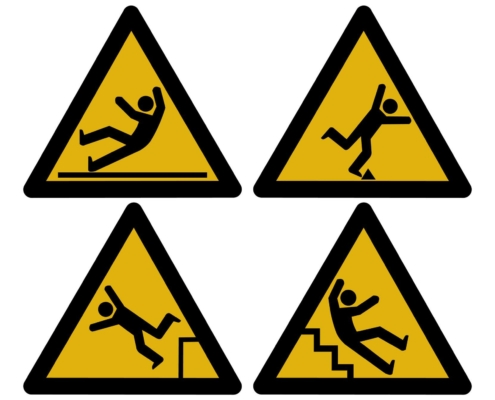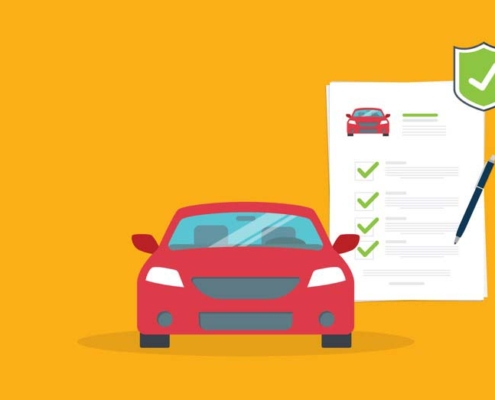How long do you have to report a car accident to your insurance company?
In California, if you find yourself involved in a car accident, it is important to be aware of the state’s reporting requirements. Typically, you are required to report any accident resulting in injury, death, or property damage promptly. The deadline for reporting such incidents is within ten days to either the Department of Motor Vehicles (DMV) or the local police department where the accident occurred. Failing to report the accident within this timeframe may lead to consequences such as license suspension and other penalties if a complaint is filed against you. Therefore, it is essential to act swiftly and fulfill the reporting obligation to avoid potential legal repercussions. Based on our auto accident lawyer research, the time frame for reporting a car accident is as follows:
- Geico, “It’s important to report your claim as soon as possible for a number of reasons.” GEICO provides you with round-the-clock access to report an accident claim, with the process for most claims starting within 24 hours of initial report.
- Progressive, “Generally, it’s best to notify us of an accident as soon as possible if you plan on filing a claim.”
- Farmers, “Contact your insurance company and pass along the information you’ve collected.”
- Liberty Mutual, “After a car accident, you’ll want to file an auto insurance claim as soon as possible.”
- All State, drivers usually have 30 days to report a car accident to their insurance provider.
- Mercury Insurance, “You should file a claim with your insurance company as soon as possible.”
- Wawanesa Insurance, “If you’re involved in an auto accident or incident, it’s best to tell your insurance company and start the claim process as soon as possible, but especially when: You, your passengers, or others are injured. “
- State Farm, “You should file your State Farm accident report as soon as possible and report your claim if a State Farm insured driver caused your injuries.”
- USAA does not explicitly state a specific time limit for filing a claim, however, it is generally recommended that you report an accident to your insurance company as soon as possible
What should you do after a car accident?
In the event of a car accident in California, maintaining composure and adhering to the following steps is essential:
- Pull Over Right Away: California law mandates stopping your vehicle immediately after an accident. Find a safe location on the side of the road and activate your hazard lights. Then remain inside your car until the arrival of the police to prevent further incidents.
- Assess for Injuries: Swiftly check yourself and any passengers for injuries. Dial 911 promptly if there are injuries. Even if injuries seem minor, seeking medical attention is advisable, as some injuries may not be immediately apparent.
- Exchange Information: Exchange essential information with the other involved driver(s) to support your insurance claim. Get their name, insurance company and policy number, driver’s license number, license plate number, and contact information (phone number, email, etc.).
- Gather Witness Information: If there are witnesses, gather their names and contact details. Witness accounts can be crucial in legal proceedings if disputes arise about the accident.
- Document the Accident: Once information is exchanged and the police are called, document the accident thoroughly. Capture images of the accident scene, damage to all vehicles involved, and any injuries sustained by you or your passengers. Also, photograph or video the surrounding area, road conditions, and weather conditions.
- Get a Copy of the Police Report: Upon police arrival, a report will be filed. Obtain a copy of this report, as it serves as valuable documentation when you report a car accident to your insurance company.
- Consult with an Experienced Car Accident Attorney: In the case of a significant accident, partnering with an experienced car accident attorney is important. They can guide you through the intricate legal processes, advocating for the maximum compensation you deserve. Given the formidable legal teams of insurance companies, an adept attorney helps level the playing field and works to secure the best outcome for you.
What happens if you report a car accident to your insurance company?
Failure to report a car accident in California may result in various penalties. Consequences can include the suspension of your driver’s license, monetary fines, and potential increases in your insurance rates. The severity of these penalties tends to escalate, particularly if the accident led to injuries or fatalities. It is crucial to adhere to reporting requirements to avoid these adverse consequences.
How long do you have to report a hit-and-run?
If you experience a hit-and-run in California, you have to report the car accident to your insurance company within 24 hours. Failing to do so within this timeframe may jeopardize your insurance claim, as insurance companies typically mandate prompt reporting to initiate investigations. If you do not report a car accident to your insurance company promptly, it might lead to challenges in establishing the timeline of injuries or damages. Insurers may potentially argue that these occurred after the hit and run incident. It is crucial to report a car accident to your insurance company within the window to ensure the smooth processing of your insurance claim.
What do you do if the other driver in an accident doesn’t have insurance?
If the other driver involved in a California car accident doesn’t have insurance, you should still report a car accident to your insurance company. In fact, you can initiate an uninsured motorist claim with your own insurance provider. To pursue this, you must substantiate that the other driver was responsible for the accident and lacked insurance coverage. You will also need to demonstrate the damages incurred, including property damage, medical expenses, or lost wages resulting from the accident. Providing this evidence is essential for when you report a car accident to your insurance company.
How long do you have to report an accident to your insurance company?
In California, it is recommended to promptly report a car accident to your insurance company, preferably within 24 to 48 hours. Nevertheless, the specific timeframe for reporting may vary based on the terms outlined in your insurance policy.
What happens if you don’t report an accident to your insurance company within 24 hours?
Neglecting to report an accident to your insurance company within the stipulated 24-hour timeframe in California can lead to potential issues. Delays in reporting may result in complications. These include the postponement of your claim, and there is a risk that the insurance company might scrutinize or even reject your claim. To facilitate a seamless and effective claims process, you should report a car accident to your insurance company as soon as possible.



